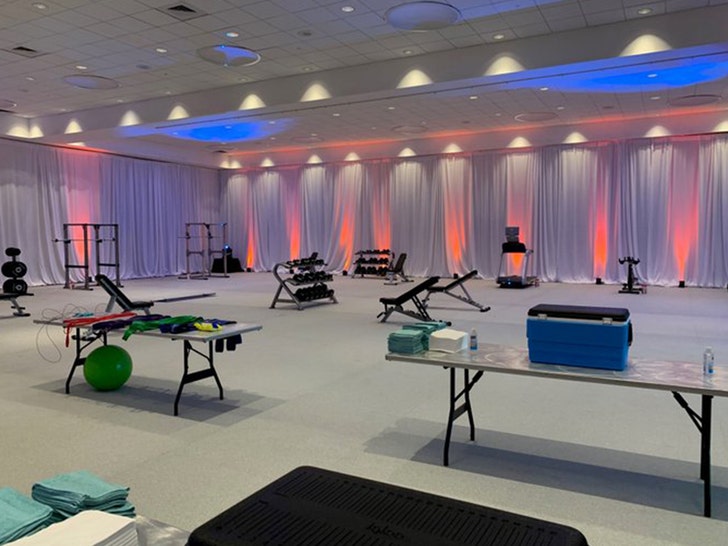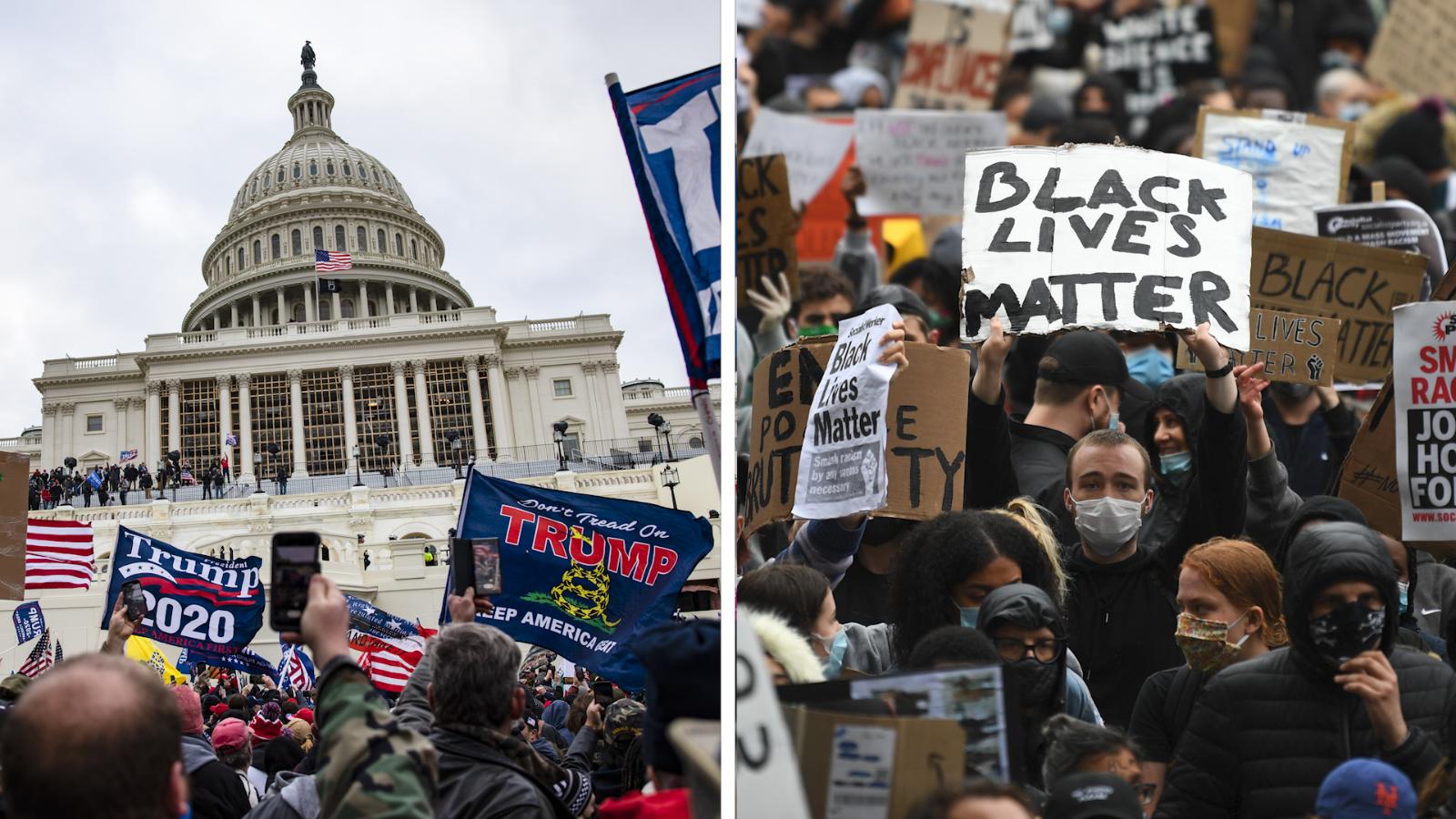How is the personal political for you?
When I heard this question, I thought it would be much better to ask it to the powerful women in my life. Their thoughts below reflect my thoughts exactly.
I’ve seen this question come up before when I took a class on Global LGBTQI+. For me, the idea that ‘personal experiences of women are rooted in their political situation and gender inequality’ makes sense. Your personal life is affected by your demographic’s status in society. That’s why I usually push back on people when they argue that they are ‘apolitical’ or don’t like to be involved in politics. Politics is much more than arguing with your uncles and aunts about who the next president should be. And I think a lot of my political beliefs are rooted in the experiences I’ve had as a woman or the experiences that I can imagine other women having. For example, I am pro-choice because of the fact that I can imagine how it would feel to want to terminate a pregnancy for any reason but not have the right to do so. I don’t necessarily think that men would think this way when contemplating the issue right off the bat. I don’t, however, think that this idea of women inherently having certain political beliefs based on experiences they’ve had related to gender inequality can be a blanket statement for all women. For example, saying that all women would or should feel the same way about feminism, abortion, or their political situation. Many feminists often forget the idea of intersectionality, meaning that I, as a white middle class woman, will experience gender inequality in a much different way than a poor black woman. And this affects my beliefs.
FROM A WOMAN IN HER 20s
I definitely agree that my personal experience (as well as the general experience that comes with being a woman in a society primarily run by white male politicians and leaders) plays a factor in my political beliefs and actions. I would argue that same principle applies to men, which explains why we see so many of our current leaders and their supporters worried about losing that control as our government becomes more reflective of the breakdown of gender and minority populations in the US. I am hopeful that our society will soon find a balance with gender/race in our political representation and be able to move past the conflicts we are currently facing on this front as a result.
From a woman in her 30s
1. The first incident that came to mind was the time, maybe four years ago, that a male student skipped my class one day. The class went to lunch mid-block, and he never made it back. He hid/spent the rest of the block with his football coach (another student told me that he had declared at lunch that he wouldn’t be coming to class, and that he would instead hang with his coach). I followed up with the coach. He told me that this student had told him that I was a “feminist b****”. But, the way he relayed this stunner is what sticks with me: he said it with a shrug, conveying an air of “What are you gonna do?”. I was floored. I asked the coach if the student had given concrete evidence of my “feminist” offenses so that I could address them and consider them; the student had not. The coach didn’t ask. Nor did the coach say anything about reprimanding the student for speaking that way about a colleague. I gave a curt “Thanks for all your help” and haven’t really spoken to that person since.
When I followed up with the student, he said it was “clear” from the way I spoke to and encouraged my female students that I was a feminist. I basically told him that was his problem, and not mine. I wrote him up and our interactions gradually warmed a bit, but I have never forgotten that. I think, what really happened, is that my personality was too strong for him, and that when he would make disparaging comments towards others I was all over it. I wasn’t letting him “take it easy” in an Honors class; I was holding him accountable. I was challenging him. I don’t think he was used to that. And so, I became a “feminist b****” in his eyes.
2. My department is largely female; we have two male colleagues. Our team leader is female. For some reason, “we” revere and defer to one of the two males. It’s mostly my team leader and a couple of other department members who do this. The majority of us– 9 out of 11 members– have been on board with ideas and actions. Then, the revered male will speak out against it, and that’s it. We are stopped dead in our tracks. My team leader immediately takes his viewpoint and it allows it to dictate our actions moving forward.
3. When I was a teenager, I worked at Market Basket at the front. I noticed that only boys were being sent out to do the carriage collection, so I asked my bosses why. I don’t remember the answer that I got, but I do remember nagging them to at least let me try it. They did, and I collected carriages for a few days. It was HARD, but I enjoyed doing it. Sadly, the opportunity never really presented itself after that. Every time I go to a grocery store, I do notice that girls are never collecting carriages. It may be that they don’t WANT to, but I also wonder if it’s even offered.
From a woman in her 30s
So, it wasn’t too long ago that I heard this expression. It came up in the yoga teacher training course that I’m taking — It’s that yoga is personal and personal is political. I haven’t thought too much about it, but here’s what comes to mind: I’m a public school teacher, so I try to inform to inform rather than have a slant … although maybe it’s more obvious than I think.
FROM a woman in her 40s
I absolutely believe that the personal is political – and the personal has really evolved for me as I have gotten older. I’ve always known I was liberal, always been a Democrat. When I was young I was a staunch pro-choice. “Nobody gets to tell me what I can do or any woman can do with her body” voter. Now, I still believe that but it’s also mixed in with new personal worries and beliefs – like gun control. I am fearful of being killed or my girls being killed in a school shooting. Now, I’m also seeing how conservative economic policy can really mess up the working class… so that will most likely be my new crusade. I also want to add that if more people subscribed to the notion and thought about how making political decisions on honest personal beliefs… we’d all be in a better situation!
From a woman in her 40s














Recent Comments